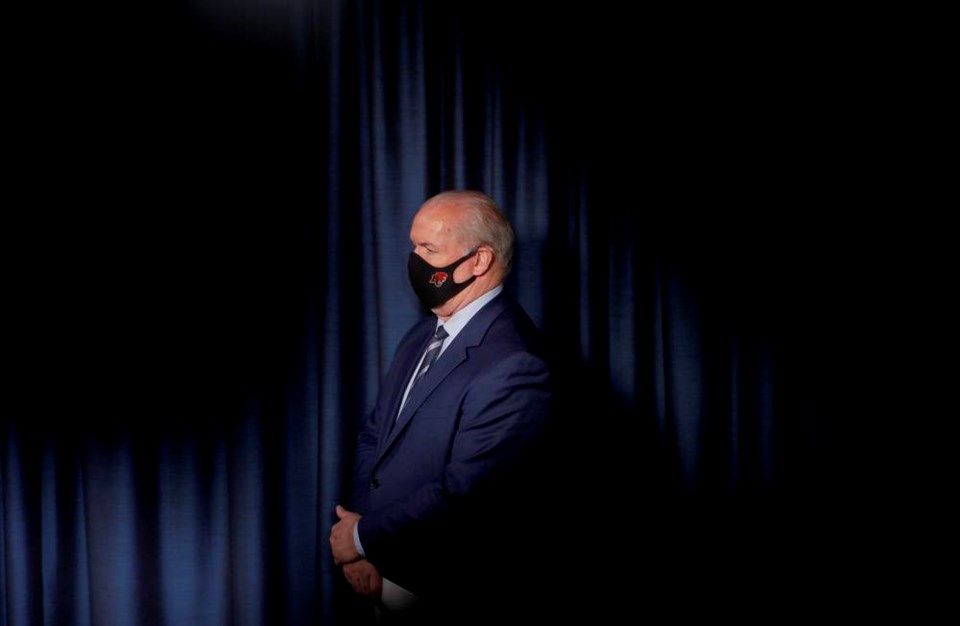A commentary by a University of Victoria student.
“Don’t blow this for the rest of us” were just some of the many words Premier John Horgan said on Monday, directed at people aged 20 to 39, an age group that has recently seen a spike in COVID-19 cases.
Perhaps such words were intended to be some sort of plea or wake-up call to the province that we are in a global pandemic and we should be acting accordingly.
However, these words did not feel well-intentioned to many young people that fall (loosely) within this age bracket. I am an 18-year-old full-time UVic student with a part-time job, and I certainly felt that Horgan’s words were more of a blow to hard-working British Columbians aged 20 to 39 than most of our actions have been.
For starters, those aged 20 to 39 are working in the most COVID-vulnerable jobs. Stats Canada data shows that young people aged 15 to 24 in B.C. are overwhelmingly repressed in the services-producing sector, wholesale and retail trade, and the retail trade.
These are the same industries the province has deemed as essential and are industries that are extremely underpaid, and customer-based.
Many of the young people working these jobs need to keep them in order to feed their families, themselves, or pay for things like school or rent. Most young people I know are thinking about paying their bills and trying to start or continue their adult lives; they are not trying to spread COVID-19.
It is true that young people have been contributing to unsafe activities such as hosting parties and organizing unsafe gatherings. However, there have also been people in older generations also contributing to unsafe activities, such as refusing to wear masks in public and being very loud about it.
Who might be those employees that have to calmly deal with these mad anti-mask customers? That’s right — the people who are apparently “blowing it for the rest of us,” 20- to 39-year-olds.
While it may be true that some young people are not following health guidelines, you cannot characterize an entire age group as acting as such, without looking at all of the systemic contributing factors.
The truth is that blaming COVID spikes on specific age groups does not reflect the compassion the province should be showing, and it’s frankly irresponsible.
It is important when analyzing data that you take a hard look at all of the contributing factors to a problem. If Horgan really cared about the fact that people aged 20-39 are getting sick, he should find a way to ensure that those who are working hard as essential workers have the supports in place, such as ensuring they will have a job and housing security in the safest way possible.
It is interesting that on other issues such as Site C or LNG, Horgan is so quick to say he is standing up and creating jobs for young people and future generations, yet when it comes to the current income inequality and housing security issues young people are facing during this pandemic, he doesn’t seem to bat an eye.
It seems that for Horgan, young people are a convenient scapegoat for him to pass off the government’s responsibility for the most pressing issues of our time, such as COVID-19, the climate crisis and worsening income inequality.
When young people call for climate action, he says we need to think about jobs, and when young people are working hard during a global pandemic facing systemic inequalities he says our actions are “blowing it” for the rest of B.C.
I, and certainly many other, young people will not put up with being Horgan’s convenient scapegoat, and we will continue to do our part to ensure as much as possible that this virus does not continue to spread.
We will also fight for addressing the inequality and racism issues that this pandemic is rooted in, and call for bold climate justice.



